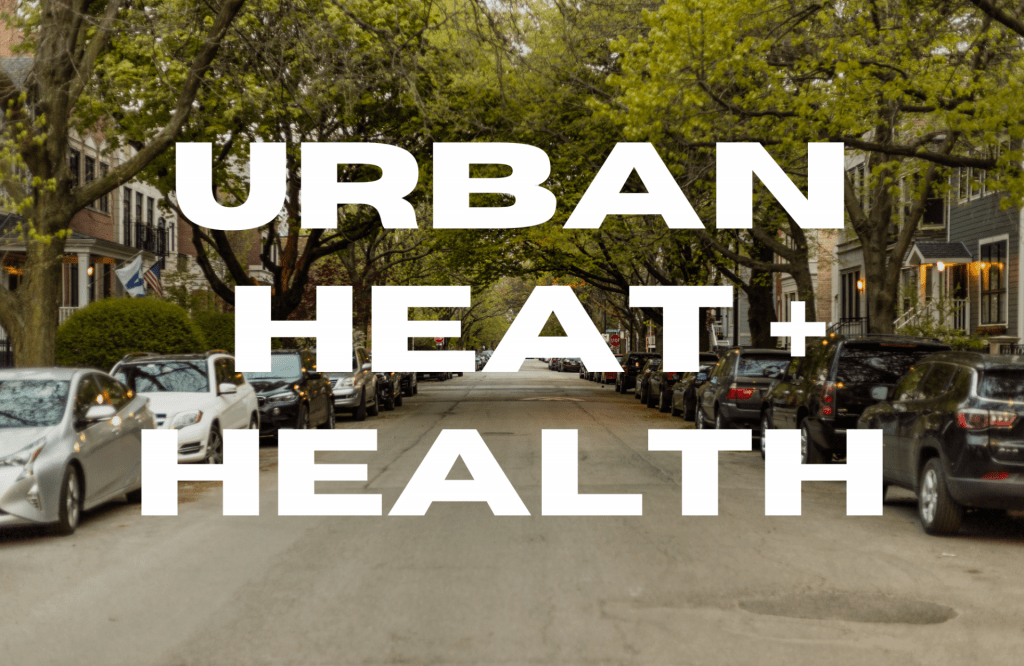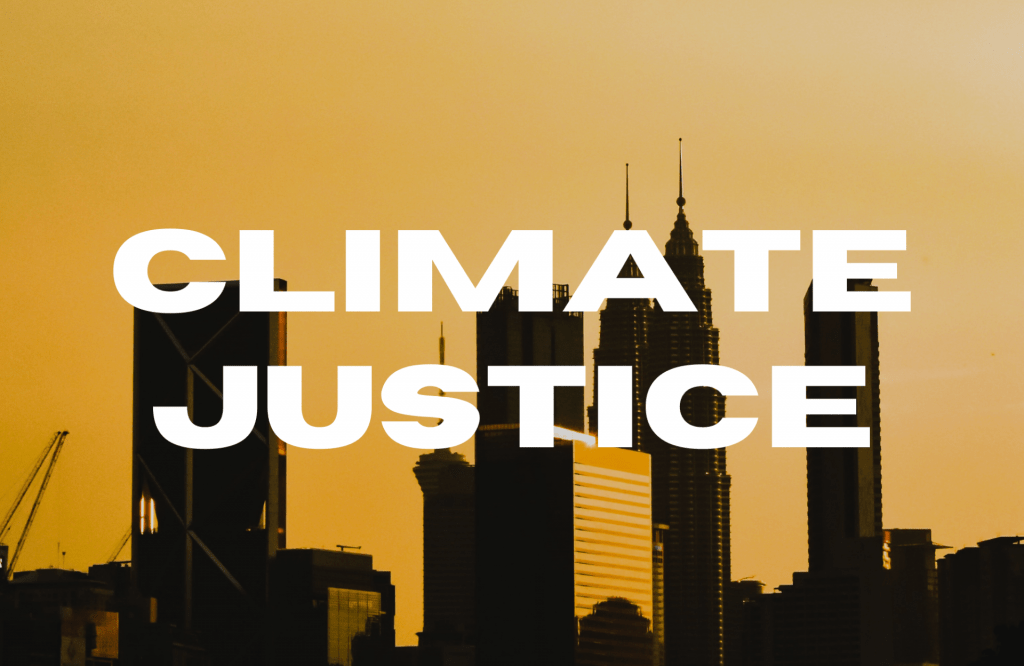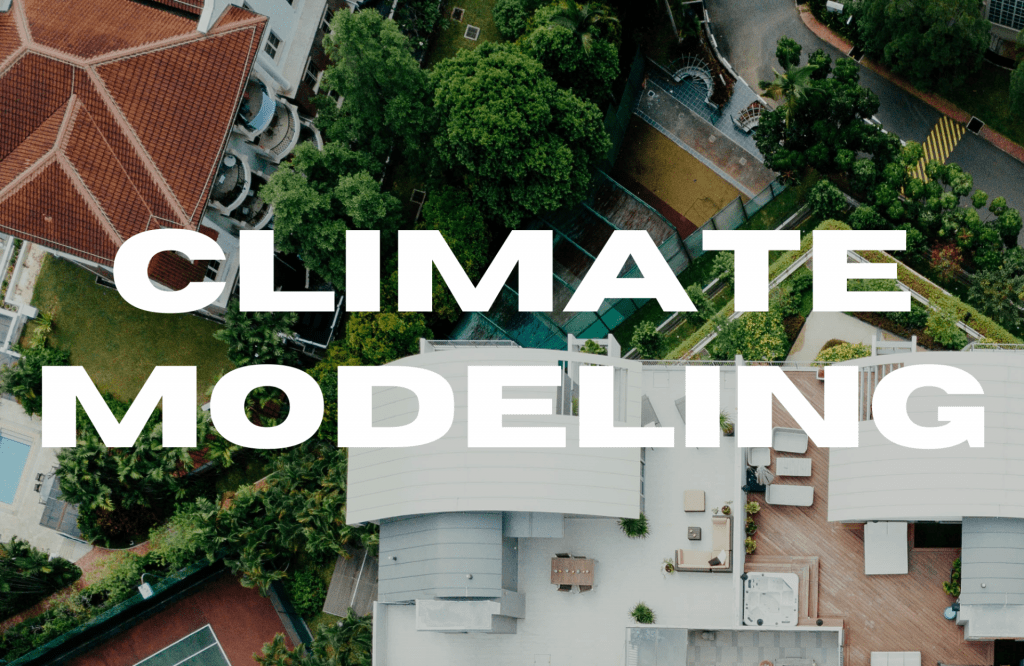The Urban Climate Lab is a group of researchers at the Georgia Institute of Technology who are exploring the connections between climate change and the built environment. Through this website, we hope to highlight the range of mechanisms through which land use change, both within and outside of cities, is driving ongoing warming trends and impacting human and environmental health. Globally, urbanized areas account for the majority of the human population but have received relatively little attention in climate change research. The UCL integrates expertise in the realms of environmental science, urban design, and public health to develop urban heat management strategies for cities.
Urban heat management is focused on reducing heat exposure through physical changes to the built environment of large cities. While all regions of the planet are growing hotter over time due to the global greenhouse effect, cities are warming much faster than the planet as a whole due to the urban heat island effect – a climate change process through which cities are rendered hotter due to deforestation and the extensive use of heat-absorbing materials. The Urban Climate Lab not only works within the realm of urban heat management, we defined it.
If conventional patterns of urban development enhance temperatures within large cities, greener, climate-adaptive forms of development can lower temperatures. Depicted in these maps, the use of highly reflective roofing materials and street trees across Atlanta, Georgia would substantially lower daily high temperatures during heat wave conditions. Our work shows that urban heat management strategies in cities can literally change the weather.




